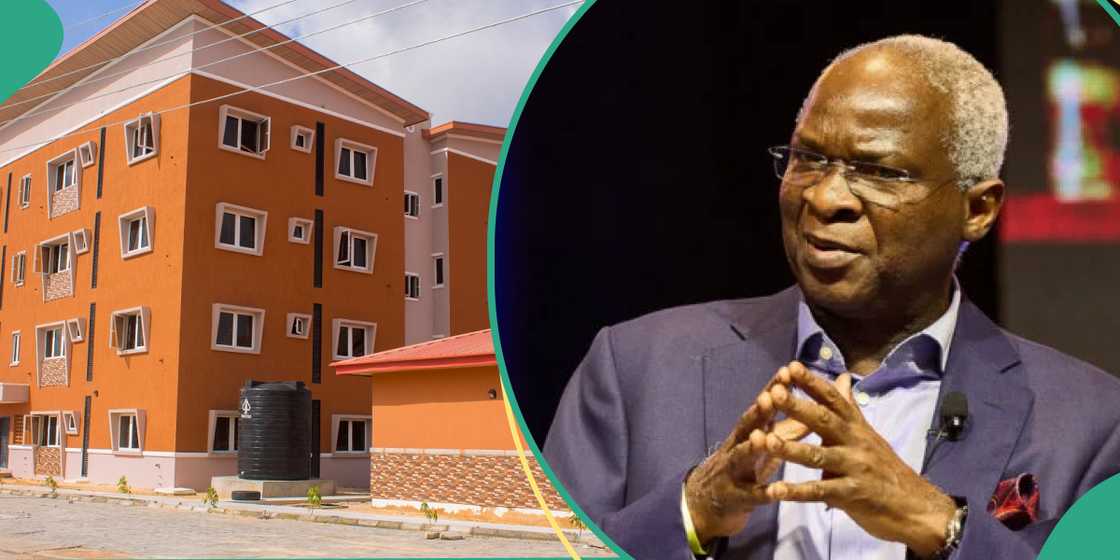Legit.ng journalist Victor Enengedi has over a decade's experience covering Energy, MSMEs, Technology, Banking and the Economy.
Former Lagos State Governor, Babatunde Fashola, along with real estate professionals, has suggested that Nigerians should pay rent monthly instead of yearly.
They shared this idea at the Wemabod Real Estate Outlook 2025 event in Lagos, which focused on how real estate can help Nigeria’s economy recover.

Source: UGC
Fashola, who also served as Minister of Power, Works, and Housing, said that if rent payments align with monthly salaries, it could help control inflation and might even reduce it.
Fashola stated:
“If rents can be paid monthly when salaries are gotten you would see a (positive) change in the economy.”Similarly, the Group Managing Director of Odu’a Investment Company Limited, Abdulrahman Yinusa, supported the idea of paying rent monthly.
He explained that many workers struggle to match their income with their rent payments. To solve this, he suggested that employers could step in by assuring landlords that rent would be deducted directly from employees' salaries when due.
Yinusa said:
“That way, the landlords would calm down and know that their money would always come.”Bashir Oladunni, the Managing Director and CEO of Wemabod Limited, also backed the idea of paying rent monthly. He said this system would make it easier for tenants to afford their housing costs.
Oladunni said:
"We are exploring this option as part of our strategic plan to expand our housing portfolio by 500 units over the next five years.”In 2024, Barakat Odunuga-Bakare, the Special Adviser on Housing to the Lagos State Governor, announced that the state's monthly rent scheme would take effect by late 2024 or early 2025.
She explained that the government would first test the system with public sector workers since their salaries are easy to track. If successful, it would then be extended to private sector employees.
PAY ATTENTION: Сheck out news that is picked exactly for YOU ➡️ find the “Recommended for you” block on the home page and enjoy!
Source: Legit.ng




 1 week ago
24
1 week ago
24







 English (US) ·
English (US) ·